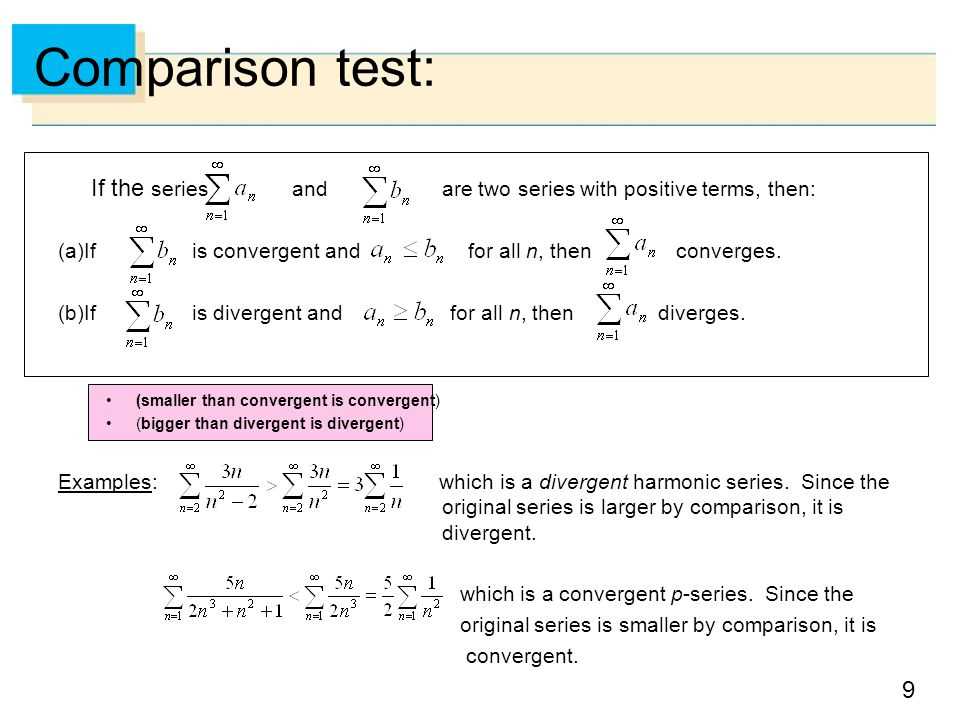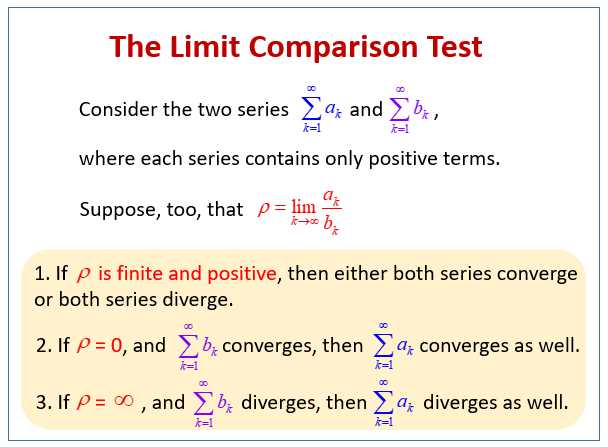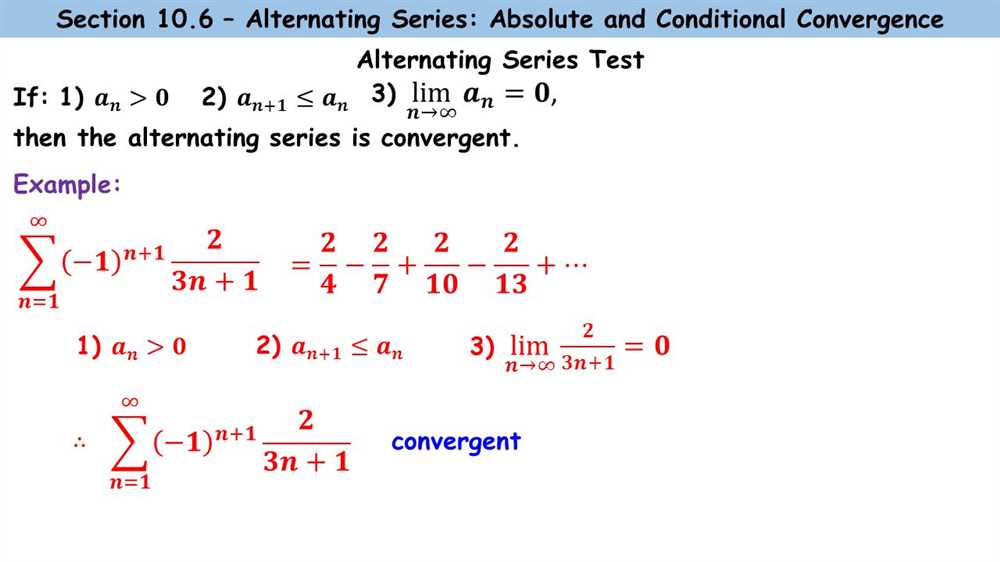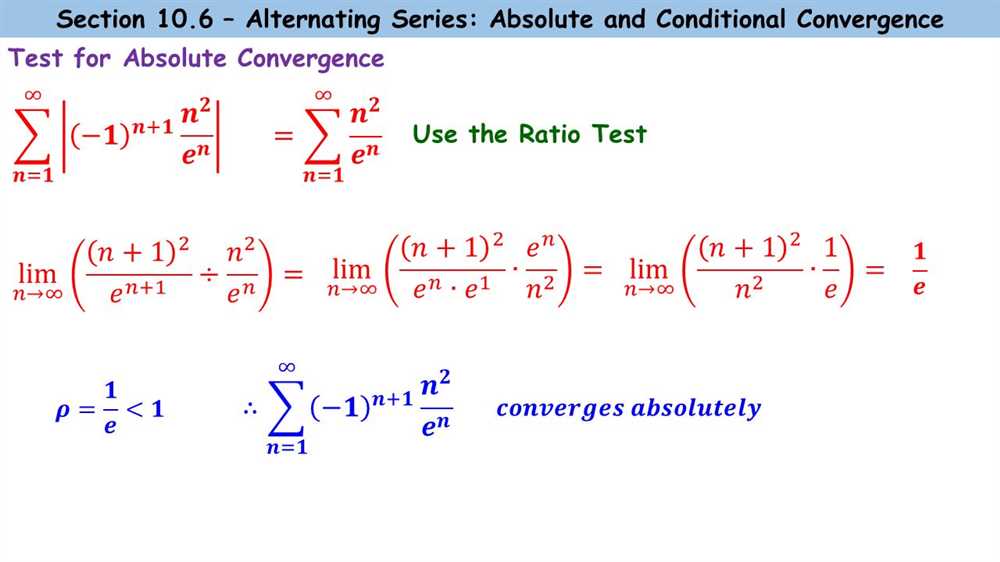
The Series 57 test is a vital examination for financial professionals seeking to become licensed as securities traders. It is designed to measure their understanding of industry regulations, trading practices, and ethical responsibilities. This comprehensive guide provides an overview of the Series 57 test, its purpose, and the topics covered in the exam.
The purpose of the Series 57 test is to ensure that financial professionals possess the necessary knowledge and skills to effectively execute trades and maintain compliance with industry regulations. Passing this exam is a requirement for individuals who wish to become licensed as proprietary traders or as a trader for a trading firm.
The Series 57 test covers a wide range of topics, including trading operations, regulations, and ethical practices. Test takers will be assessed on their knowledge and understanding of trade executions, market liquidity, order routing, and trade reporting. Additionally, the exam will cover topics such as customer protection rules, anti-money laundering regulations, and maintaining fair and orderly markets.
Preparing for the Series 57 test involves studying the relevant materials, such as industry regulations, trading practices, and ethics guidelines. Many financial professionals choose to enroll in preparatory courses or use study guides to ensure they are fully prepared for the exam. It is important to dedicate sufficient time and effort to studying in order to increase the chances of passing the test and obtaining the necessary license.
What is Series 57 Test?
The Series 57 Test is a licensing exam administered by the Financial Industry Regulatory Authority (FINRA) for individuals who want to become registered as securities traders. This exam is designed to assess the knowledge and skills necessary to perform duties related to trading equity securities on major stock exchanges.
To prepare for the Series 57 Test, candidates must study various topics related to securities trading, including market structure, order handling, regulatory requirements, and risk management. The exam consists of 50 multiple-choice questions, and candidates have two hours to complete it. A passing score of 70% or higher is required to obtain the Series 57 license.
During the exam, candidates will be tested on their understanding of different trading strategies, such as market making, algorithmic trading, and electronic trading. They will also be evaluated on their knowledge of trading rules and regulations, including those set by FINRA, the Securities and Exchange Commission (SEC), and the exchanges themselves.
Obtaining a Series 57 license allows individuals to work as proprietary traders or institutional traders who handle large volumes of securities transactions. It is an important credential for professionals in the securities industry and is often required by employers in trading firms and investment banks.
Overall, the Series 57 Test is a rigorous examination that assesses the knowledge and skills necessary to succeed as a securities trader. By passing this exam, individuals demonstrate their understanding of trading principles and their ability to comply with regulations in the fast-paced world of securities trading.
Series 57 Test Requirements
The Series 57 exam is a regulatory exam that is required for individuals who want to become qualified securities traders. This exam is administered by the Financial Industry Regulatory Authority (FINRA) and is designed to test the knowledge and skills necessary to perform the duties of a securities trader. The Series 57 test is a comprehensive exam that covers a wide range of topics, including market structure, trading strategies, regulatory requirements, and risk management.
To be eligible to take the Series 57 exam, individuals must be associated with a FINRA member firm and must have passed the Securities Industry Essentials (SIE) exam. The SIE exam covers basic securities industry knowledge and is a prerequisite for many of FINRA’s other exams. Once individuals have passed the SIE exam, they can register to take the Series 57 exam.
The Series 57 exam consists of 125 multiple-choice questions, and candidates have 3 hours and 45 minutes to complete the exam. The questions on the exam are designed to assess the candidate’s knowledge of securities trading rules and regulations, as well as their ability to apply this knowledge in real-world trading scenarios. The exam also includes a section on suitability, which tests the candidate’s understanding of the factors that should be considered when recommending a particular investment to a client.
- Exam Topics: The Series 57 exam covers a wide range of topics, including market structure, trading strategies, regulatory requirements, and risk management.
- Passing Score: In order to pass the Series 57 exam, candidates must achieve a score of at least 72%. The passing score is based on a scale of 0-100, with a higher score indicating a higher level of proficiency.
- Exam Preparation: To prepare for the Series 57 exam, candidates can utilize study materials provided by FINRA, such as textbooks and online courses. It is also recommended that candidates take practice exams to familiarize themselves with the format and content of the exam.
- Exam Results: After completing the Series 57 exam, candidates will receive their score immediately. If the candidate passes the exam, they will receive a notification of passing. If the candidate does not pass the exam, they will receive a diagnostic report that highlights the areas in which they need to improve.
In conclusion, the Series 57 exam is an important requirement for individuals who want to become qualified securities traders. This exam tests the candidate’s knowledge and skills in various areas of securities trading, and passing the exam demonstrates their proficiency in these areas. By adequately preparing for the exam and utilizing study materials and practice exams, candidates can increase their chances of passing the Series 57 exam and advancing their career in the securities industry.
Eligibility Criteria for Taking the Series 57 Test
In order to take the Series 57 Test, individuals must meet certain eligibility criteria established by the Financial Industry Regulatory Authority (FINRA). These criteria ensure that individuals who have the necessary qualifications and knowledge are able to obtain the necessary license to work in the securities industry as a Securities Trader Representative.
Education and Work Experience: To be eligible to take the Series 57 Test, individuals must have a high school diploma or equivalent. Additionally, they must have at least three months of work experience in the financial industry, with a firm that is registered with FINRA. This work experience can be in various roles, such as a clerk, assistant, or in a similar capacity.
Sponsorship: Individuals must also have a sponsoring firm to be eligible for the Series 57 Test. This means that they must be employed, or have an offer of employment, with a firm that is registered with FINRA and is willing to sponsor their application for the test. The firm will provide guidance and support throughout the application and examination process.
Registration Fees: In addition to meeting the above criteria, individuals must pay registration fees to FINRA in order to take the Series 57 Test. The current registration fee is $130, which must be paid at the time of application. This fee covers the cost of processing the application and preparing the examination materials.
Continuing Education: Once individuals pass the Series 57 Test and become licensed as Securities Trader Representatives, they are required to complete continuing education requirements to maintain their license. This includes completing the Firm Element, which is an annual training program provided by their employing firm, as well as completing the Regulatory Element, which is a periodic training program administered by FINRA.
Conclusion: The eligibility criteria for taking the Series 57 Test ensure that individuals have the necessary education, work experience, and sponsorship from a registered firm. By meeting these criteria and successfully passing the test, individuals can obtain the necessary license to work as a Securities Trader Representative in the securities industry.
Series 57 Test Content

The Series 57 Test is a qualification exam for individuals seeking to become licensed Securities Traders in the United States. This exam is administered by the Financial Industry Regulatory Authority (FINRA) and is designed to test the knowledge and skills required to perform the duties of a Securities Trader. The Series 57 Test content covers a wide range of topics, including market structure, trading regulations, order types, and trade reporting requirements.
One of the key areas covered in the Series 57 Test is market structure. Traders must have a solid understanding of how the markets operate, including the different types of exchanges and trading venues. They must also be familiar with the role of market makers and the concept of liquidity. The Series 57 Test content includes questions that assess a trader’s knowledge of market structure and their ability to make informed trading decisions based on market conditions.
The Series 57 Test also covers trading regulations and compliance. Traders must be well-versed in the rules and regulations governing the securities industry, including the Securities Exchange Act of 1934 and the FINRA Rule 5310. The Series 57 Test content includes questions that test a trader’s understanding of these regulations and their ability to comply with them in their daily trading activities.
Another important area covered in the Series 57 Test is order types. Traders must be familiar with the different types of orders they can use to enter and exit positions, such as market orders, limit orders, and stop orders. They must also understand how these order types are executed and the potential impact they can have on market conditions. The Series 57 Test content includes questions that assess a trader’s knowledge of order types and their ability to select the appropriate order type for a given trading scenario.
In addition to market structure, trading regulations, and order types, the Series 57 Test content also covers trade reporting requirements. Traders must understand the rules and regulations governing trade reporting, including the requirement to promptly report trades to the appropriate regulatory authorities. The Series 57 Test content includes questions that test a trader’s knowledge of trade reporting requirements and their ability to accurately report trades in a timely manner.
In conclusion, the Series 57 Test content is comprehensive and covers a wide range of topics relevant to Securities Traders. By successfully passing this exam, individuals can demonstrate their knowledge and competency in the field of trading and increase their chances of obtaining a license to trade securities.
Topics covered in the Series 57 Test

The Series 57 Test is a comprehensive examination that assesses a candidate’s knowledge and understanding of various topics related to securities trading and operations. The test covers a wide range of subjects, including regulations, trading practices, market structures, and risk management.
Regulations: One of the main topics covered in the Series 57 Test is regulations. Candidates are required to have a deep understanding of the securities laws and regulations that govern the trading and operations of brokerage firms. This includes knowledge of the Securities Act of 1933, the Securities Exchange Act of 1934, and the Investment Company Act of 1940, among others.
Trading Practices: Another important area covered in the Series 57 Test is trading practices. This includes understanding how orders are executed, the different types of order types and instructions, and the responsibilities of the various parties involved in the trading process. Candidates must also understand the impact of technology on trading practices and be familiar with the use of electronic trading platforms.
Market Structures: Knowledge of market structures is also a key component of the Series 57 Test. Candidates must understand the different types of markets, such as exchanges and over-the-counter markets, and the role that market makers and specialists play in these markets. They must also have knowledge of the various trading mechanisms and order types specific to each market structure.
Risk Management: Risk management is another critical area covered in the Series 57 Test. Candidates must have a solid understanding of the various types of risks associated with securities trading and be familiar with risk management techniques and strategies. This includes knowledge of margin requirements, position limits, and the use of derivatives for risk mitigation.
In summary, the Series 57 Test covers a wide range of topics that are essential for individuals pursuing a career in securities trading and operations. It requires a thorough understanding of regulations, trading practices, market structures, and risk management. By successfully passing this test, candidates demonstrate their proficiency in these areas and their ability to navigate the complexities of the securities industry.
How to Prepare for the Series 57 Test

Preparing for the Series 57 test requires a focused and organized approach. This exam is designed to assess an individual’s knowledge and skills in trading and operations for securities professionals. To effectively prepare for the Series 57 test, it is important to understand the content and structure of the exam, create a study plan, and utilize available resources.
The Series 57 test covers a wide range of topics including regulations, trading and market structure, compliance, and risk management. It is essential to review the exam outline provided by the Financial Industry Regulatory Authority (FINRA) to identify the specific areas that will be tested. This will help in prioritizing the study material and allocating time accordingly.
One of the key steps in preparing for the Series 57 test is creating a study plan. Start by setting a realistic timeline for preparation and allocate sufficient time for each topic. It is advisable to break down the study material into smaller, manageable segments and create a schedule to cover them. Regular studying, preferably daily, will help in retaining information and identifying areas that require further review.
Utilizing available resources is crucial for success in the Series 57 test. Consider purchasing a comprehensive study guide or utilizing online resources that provide practice exams and interactive learning materials. Additionally, joining study groups or seeking guidance from industry professionals can provide valuable insights and clarification on complex concepts.
In conclusion, preparing for the Series 57 test requires a systematic approach that includes understanding the exam content, creating a study plan, and efficiently utilizing available resources. By following these steps and staying dedicated to the study process, individuals can increase their chances of passing the Series 57 test and advancing their career in the securities industry.